
Strange Gut Feelings?
Have you ever had a week where your stomach just… didn’t feel right? Maybe a weird gurgle after lunch (not the fun kind), or energy crashes that punch you in the face around 2 PM. It’s that subtle, nagging feeling: “Something isn’t right in there.” Cue endless late-night scrolling and suddenly—bam! You’re convinced there’s an entire ecosystem of tiny squatters in your gut, and the only way out is a parasite cleanse for humans. Been there? Me too.
These days, “parasite cleanse” trends are everywhere. TikTok shows miracle herbal kits, supplements with aggressive names, and shocking stories of people claiming to see “worms” in the toilet (seriously, what?). But before you panic-purchase or start blending garlic-and-carrot smoothies, grab a comfy seat. Let’s actually talk about what’s going on—with zero scare tactics, a few awkward confessions, and a dose of real science.
Could It Be… Parasites?
Wait, Do I Really Have Them?
First up: How do we even end up thinking about worms and cleansing? It’s usually those weird mystery symptoms. Maybe it’s ongoing bloating, relentless gassiness, bathroom drama (that’s code for diarrhea…shhh), or that stubborn, groggy exhaustion that just won’t budge. I’ve had days where, after one too many spicy takeouts and half-baked salad bars, my brain goes: “You’re probably infested. Better Google it…”
But here’s a reality check—most of the time, it’s literally not parasites. Unless you’ve traveled somewhere with funky water lately, walked barefoot in questionable places, or have pets sharing your pillow… it’s pretty rare. According to reputable hospital blogs and even skeptical doctors, true parasite infections are usually linked to drinking dirty water, eating undercooked meat, or overseas travel (notes from Dr. Mannon).
That said, if you’re showing up with full-blown fever, major tummy pain, weight loss you can’t explain, and there’s… uh… things in your stool? Don’t wait. Definitely skip the DIY cleanse and ring your doctor.
Symptom Table: Red Flags vs. Nothing Burgers
| Definitely Call a Doc | Probably Not Parasites |
|---|---|
| Bloody diarrhea | Occasional gassy days |
| Persistent stomach pain | Post-vacation “tummy upset” |
| Obvious worms in poop (yikes!) | General fatigue, mild bloat |
I once freaked out thinking I had worms, only to discover it was just dehydration from running in the heat. Humbling. Also, a reminder that “Google diagnosis” is a dangerous sport.
How Do Parasites Even Sneak In?
No One Announces “You Have Worms!”
Let’s be honest: parasites aren’t exactly RSVP-ing for dinner. They make their grand (and unwelcome) entrance through stuff like contaminated water, sketchy sushi, rare burgers, and sometimes just not washing your hands after gardening. I used to be all about pretending those fast-washed carrots were “rustic” until I learned those can carry tiny eggs, too (gross, right?).
Does that mean you’re doomed just because you ate street tacos last summer? Not at all. In the U.S. and many developed areas, parasite infections are pretty rare. But if you travel a lot, eat adventurous undercooked meals, or have, uh, a habit of licking your fingers after petting the neighbor’s goat—keep it in mind.
Story Break: The “It Was Just Food Poisoning” Twist
A friend of mine—let’s call her Sam—once went full “WebMD Sherlock” after a week of stomach issues. She nearly ordered three kinds of parasite cleanse kits… before learning her so-called “invasion” was just a salad bar gone wrong. Classic twist. Moral? Not all gut grumbles are parasites. Sometimes it’s just life, or a bad batch of lettuce.
Want to see if your meals are actually helping or hurting your gut? Cruise through the foods in Foods that kill parasites in humans for simple wins you can toss into your day-to-day diet.
Should You Test Before Cleansing?
Don’t Play the Guessing Game
I know… everyone wants quick fixes. But listen—going for a parasite cleanse for humans before actually knowing if you have a parasite is like decluttering your closet with the lights off. What if the stuff you’re tossing is actually useful?
A proper doc can run stool tests, ask about symptoms, and rule out other stuff like IBS, stress, or lactose overload. Here’s a secret: most cleanses are just blends of herbs that might act as laxatives—which means you might see weird stuff in the toilet that isn’t a worm at all (Nebraska Medicine—real talk). Sometimes, it’s just bits of plant fiber. Sorry, TikTok.
Quick Quiz: Is This Your Sign to Test?
– Have you had fevers or weight loss without reason?- Seen actual “worms” in your poop?- Recently traveled to or lived in areas with sketchy water?
If yes: Get tested, not cleansed.
If not: Maybe let’s rethink that cleanse just for now.
Do Parasite Cleanses Actually Work?
Let’s Unpack the Hype
So, about those parasite cleanses lining store shelves (and your for-you-page)… what’s really inside? Usually, it’s some mix of herbs like wormwood, clove, black walnut, barberry, and sometimes garlic. Some brands throw in mysterious proprietary blends that sound science-y. Then there are cleanse kits promising “extreme detox.”
Here’s the kicker: none of these are FDA-approved for killing parasites in people. Even health experts say there’s no evidence these actually work for most folks—unless, of course, you need more fiber in your diet or like experimenting with bitter teas (WebMD on cleanse research).
Full disclosure: One summer, after a particularly wild food truck festival, I tried a gentle cleanse. My stomach rebelled, and I ended up spending more time “cleansing” (if you catch my drift) than actually feeling better.
Table Time: What’s Inside…and Is It Worth It?
| Cleanse Type | Main Ingredients | Reality Check |
|---|---|---|
| Detox Kits | Herbal blends (wormwood, clove) | Unproven; can act as a laxative; not FDA tested |
| Prescription Meds | Targeted antiparasitics | Doc-monitored; actually proven effective |
| DIY Home Brews | Garlic, coconut, herbal teas | May ease symptoms, but unlikely to eradicate parasites |
Curious about kits? Check out Parasite Cleanse chemist warehouse—but also: ask questions, read the fine print, and, if in doubt, double-check with a healthcare pro.
Are Cleanses Safe? (Spoiler: Sometimes Not)
The Not-So-Pretty Truth
It’s tempting to think a “natural” cleanse is automatically harmless. I wish that were true. But. Some herbal supplements can do more harm than good—especially big doses, weird blends, or dodgy brands. WebMD, Nebraska Med, and several smart docs all say the same: too much of these untested products can lead to diarrhea, dehydration, kidney issues, liver strain, and even interactions with your regular meds.
Not convinced? Some of these kits have been found with hidden toxins or even dangerous heavy metals. Yikes. (I didn’t believe this either until I read Nebraska Med’s warnings.) If you’re already managing another health condition, that’s a double reason to skip unregulated cleanses.
But if you want to support your body naturally… there are safer, science-backed options.
Natural Gut-Boosting Alternatives (No Drama Needed)
Eat Smart, Not Extreme
What if the real answer isn’t a cleanse at all? Some research on foods that kill parasites suggests that a diet high in certain natural foods may help keep your gut strong before any parasite sets up shop. Garlic, pumpkin seeds, papaya seeds, pomegranates, barberry, ginger, and fermented foods all have bonus properties—some can paralyze parasites in test tubes, others simply bolster your microbiome (that’s science for “good gut bacteria”).
My own go-to? Adding raw pumpkin seeds to my morning yogurt and tossing extra garlic in whatever I’m cooking. No drama, just real food.
For inspiration (or if you want to swap boring snacks with actual gut helpers), browse Foods that kill parasites in humans—easy, everyday wins for “planned over panic.”
Cheap and Cheerful Gut Helpers
- Fresh garlic: Add to soups, dips, or salad dressings.
- Pumpkin seeds: Sprinkle on cereal, blend into smoothies, or munch alone.
- Fermented foods: Yogurt, kefir, kimchi (liven up leftovers!).
- Papaya seeds: Crunchy, peppery, and easy to add to salads.
These changes aren’t just for “parasite proofing.” They’re good for you, period. And no side effects except maybe…garlic breath? Worth it, honestly.
Everyday Prevention Beats Every Cleanse
Skip the Panic, Keep It Simple
You don’t need to live in fear of hidden “wormy” invaders. Most of the prevention tips are common sense: wash your hands, cook meat thoroughly, clean your veggies (no more “rustic” carrots for me). If you travel a lot, choose bottled or boiled water, and skip the raw shellfish from roadside stands (learned that the hard way).
Got pets? Regular deworming (for them) and hand-washing (for you) are honestly the best duo.
And if you love to be prepared, there’s nothing wrong with checking what’s available at your local Parasite Cleanse chemist warehouse—just promise me you’ll read the labels, keep your diet balanced, and call your doctor if things get truly strange.
Wrapping It Up: Your Gut, Your Call
Look, it’s easy to get freaked out by #parasitecleansetok or wild wellness trends. We probably all have that urge—to “detox,” control our bodies, blame something outside for our messiest days. That’s totally normal. But for most people, a parasite cleanse for humans isn’t the missing miracle. Parasites are rare if you’re eating clean, practicing decent hygiene, and not taking goat selfies in muddy fields (but if you are, honestly, I want to see the pics).
Instead of leaping for a risky kit, focus on prevention and real gut health. Load up on garlic, pumpkin seeds, yogurt, and water that didn’t come from a questionable tap. If you feel off for more than a few days—ask your doctor for a quick test. And hey, if you’re still curious (or just like food science), look through some Foods that kill parasites in humans. No guts, no glory… but also, no cleanses needed for peace of mind. Here’s to healthy bellies and less Googling your poop! Your gut—and probably your brain—will thank you.

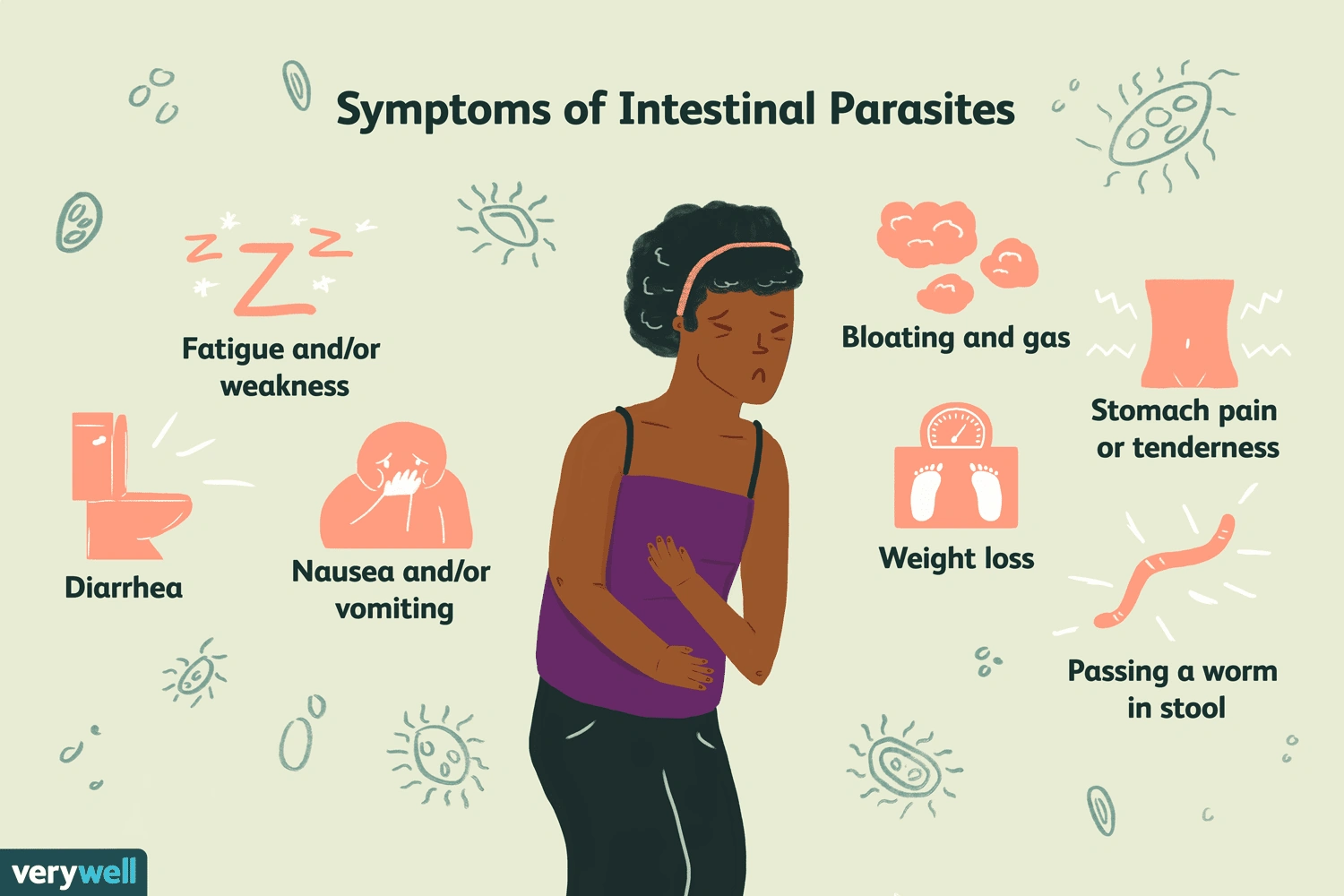
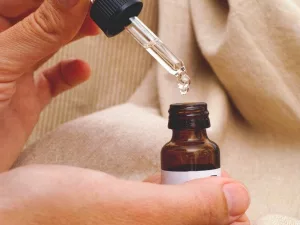
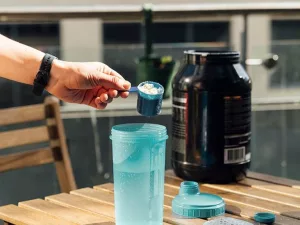
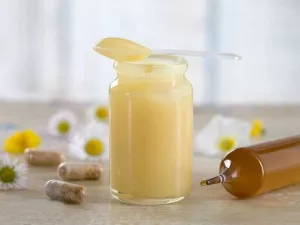
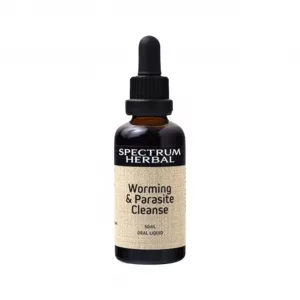
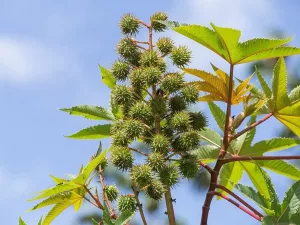
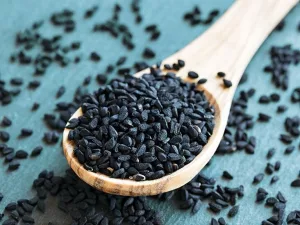

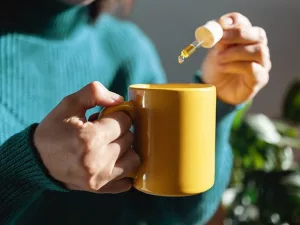







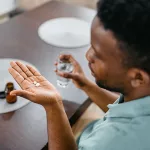


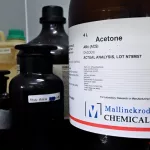


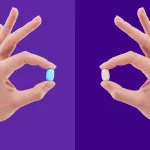

Leave a Reply
You must be logged in to post a comment.